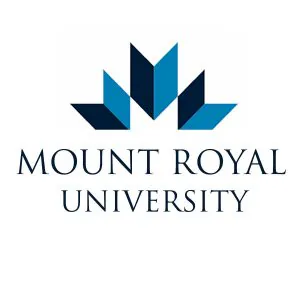Ready to learn more?
Next Cohort: Sep 2-Sep 2
By submitting your email address, you acknowledge and agree to CourseCompare.ca's Terms of Service and Privacy Policy.
Duration
4 Years
Tuition
$27,400
Calgary
Sep 2-Sep 2
Commitment
Full-Time
Delivery
Classroom
Credential
Degree
Year Founded
1910
Scholarships
no
Information designers use human-centric processes to deliver the right content, at the right time, to the right audience. Build your skills in problem-solving, design-thinking, writing, data visualization and usability testing. Learn to develop information products that are clear, concise and visually engaging in online, print, mobile and even augmented and virtual reality environments. Information designers translate complicated information (data) into simple, understandable and useful content for business and citizens, advocating for all users.
Information design is the art and science of preparing or “designing” information so that it can be used by human beings with efficiency and effectiveness. Information design applies traditional and evolving design principles to the process of translating complex, unorganized, or unstructured data into valuable meaningful information. In short, information designers design understanding and there are few, if any, occupations that do not feel the influence and benefits of good information design.
The interdisciplinary curriculum of the Bachelor of Communication – Information Design degree responds directly to current market trends. The degree combines skills in graphic design, typography, writing, project management, instructional design, human performance technology, and human factors that reach far beyond traditional programs in design, technical communication, or publishing. Information Design is also interdisciplinary and students will work with other communication students in Journalism and Digital Media or Public Relations and will complete work experience in a variety of settings. The intent of the curriculum is to prepare graduates who can not only work formatively and creatively but also understand how to work using scientific and didactical methods as part of the field of communication research. As a result, information retrieval techniques and information assessment are central to the program and provide expertise in areas pertaining to research methods and usability.
Ready to get started?
Next Cohort: Sep 2-Sep 2
By submitting your email address, you acknowledge and agree to CourseCompare.ca's Terms of Service and Privacy Policy.

